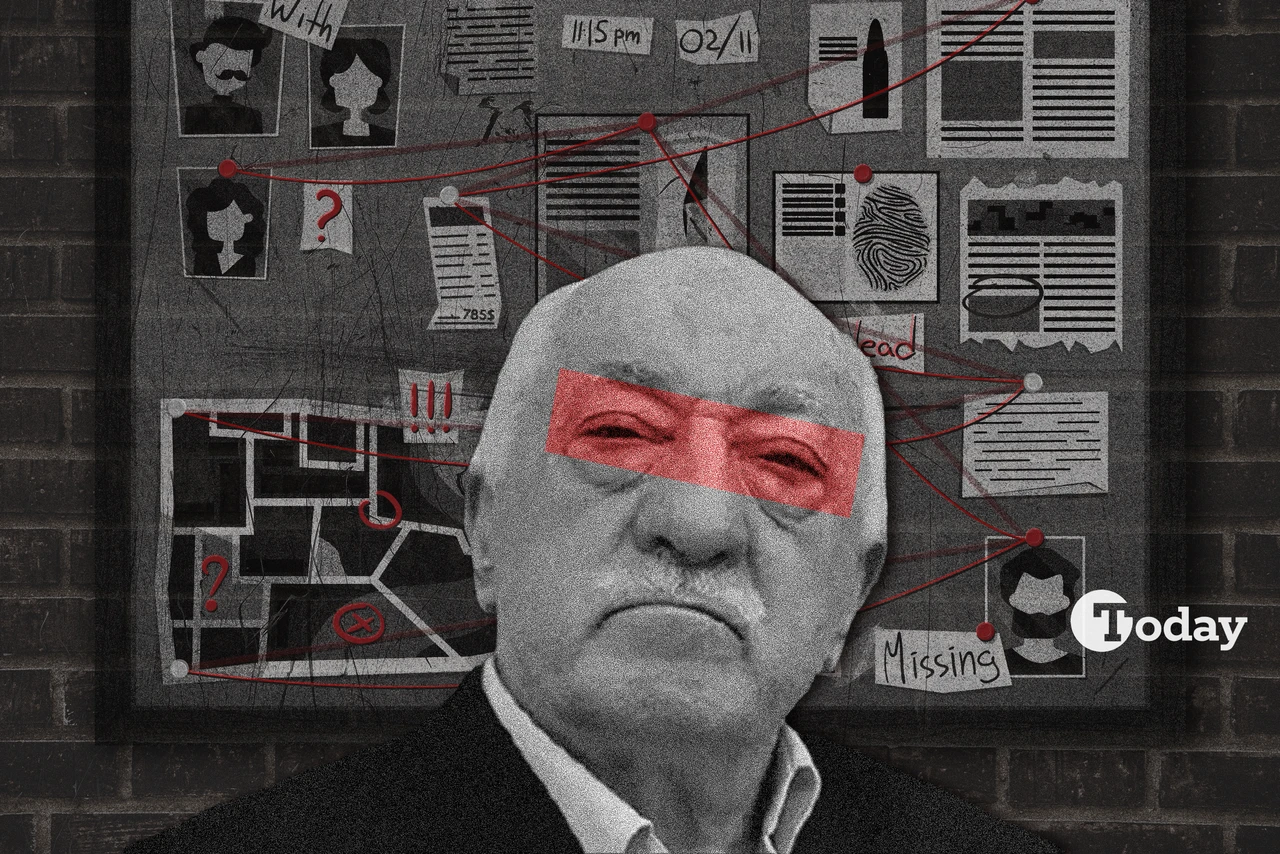Switzerland gains approval for EU defense project PESCO while Türkiye remains in limbo
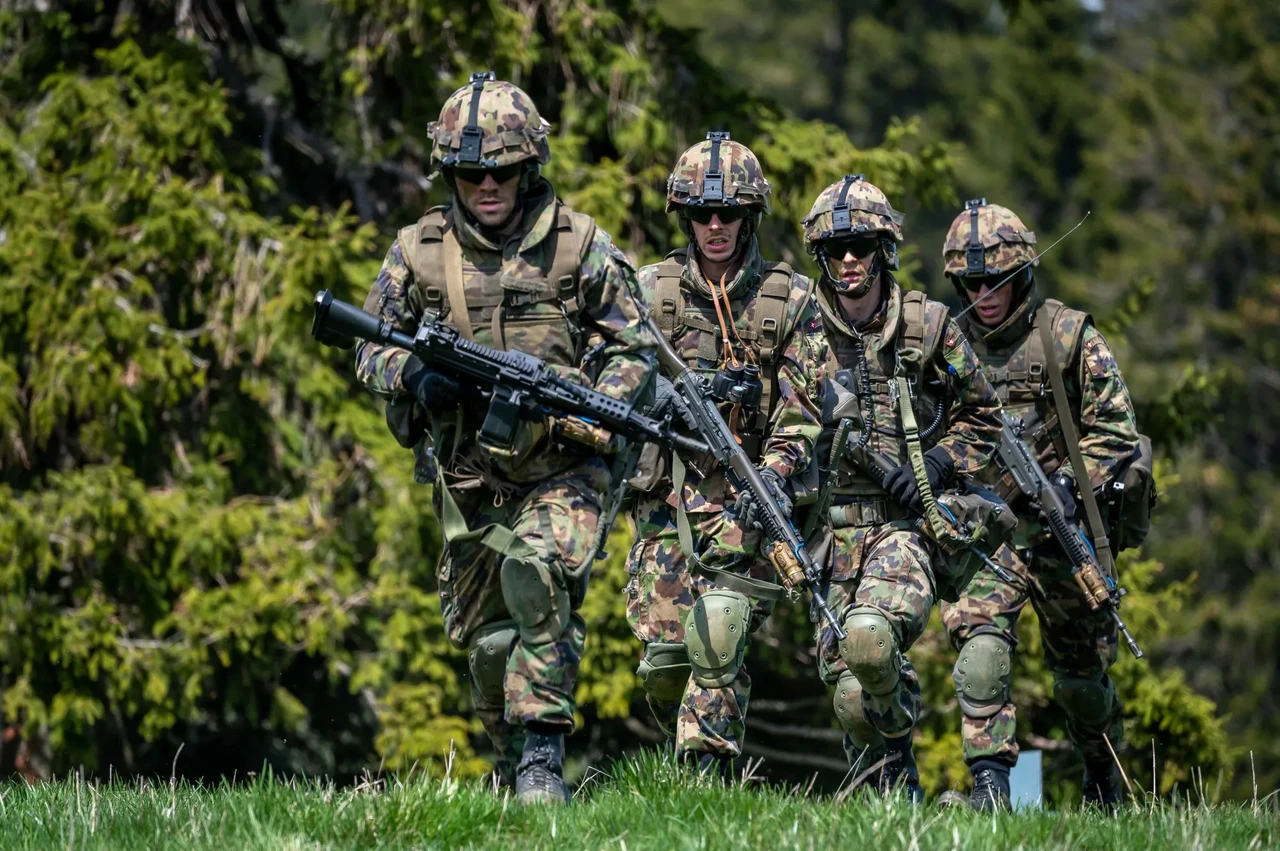 Swiss soldiers during a large-scale military drill in May, 2023. (AFP Photo)
Swiss soldiers during a large-scale military drill in May, 2023. (AFP Photo)
The European Union has greenlit Switzerland‘s participation in the Permanent Structured Cooperation Military Mobility project (PESCO), while NATO ally Türkiye’s application, submitted in 2021, remains on hold.
The project aims to streamline cross-border military transport within the EU, enhancing defense cooperation among member states and third countries.
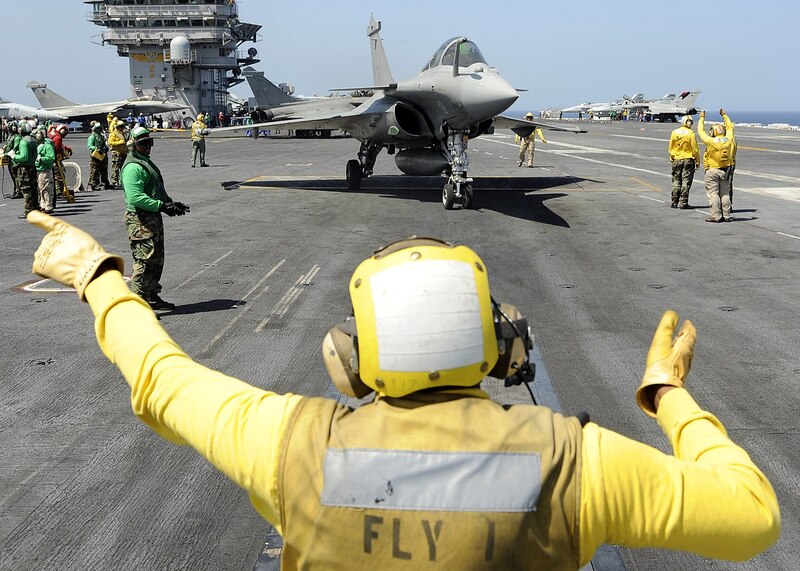
EU defense initiative welcomes Switzerland
PESCO’s Military Mobility project, coordinated by the Netherlands, is designed to ensure that military personnel and equipment can move swiftly across EU countries without bureaucratic delays.
It aligns with NATO priorities, enhancing readiness and interoperability among allied forces.
Switzerland joins other non-EU participants, including Norway, the United States, Canada, and the United Kingdom, in this significant initiative.
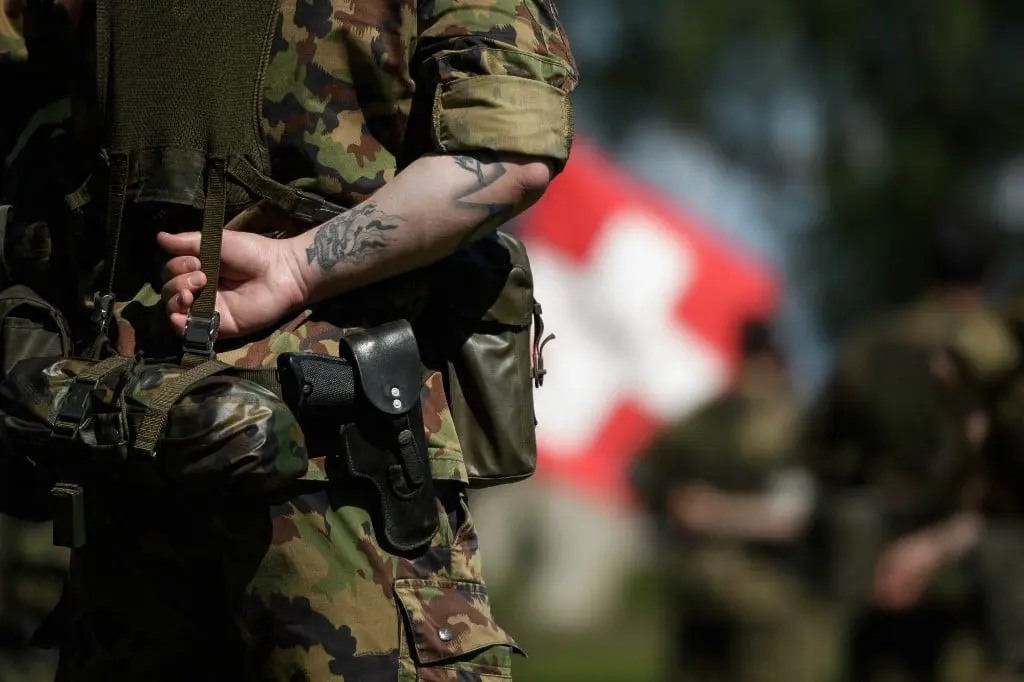
Türkiye’s application to PESCO faces veto
Despite Türkiye’s position as NATO‘s second-largest military force and its significant experience in defense, its application to join Military Mobility has been blocked by some EU member states.
Austria, Greece, and the Greek Cypriot administration have opposed Türkiye’s inclusion, citing issues such as compliance with “EU values” and strained bilateral relations.
The EU’s 2020 guidelines for third-country participation in PESCO require applicants to align with the EU’s fundamental values and contribute substantial added value to the project.
While Türkiye has emphasized the potential for its participation to enhance NATO-EU defense cooperation, political tensions remain a hurdle.
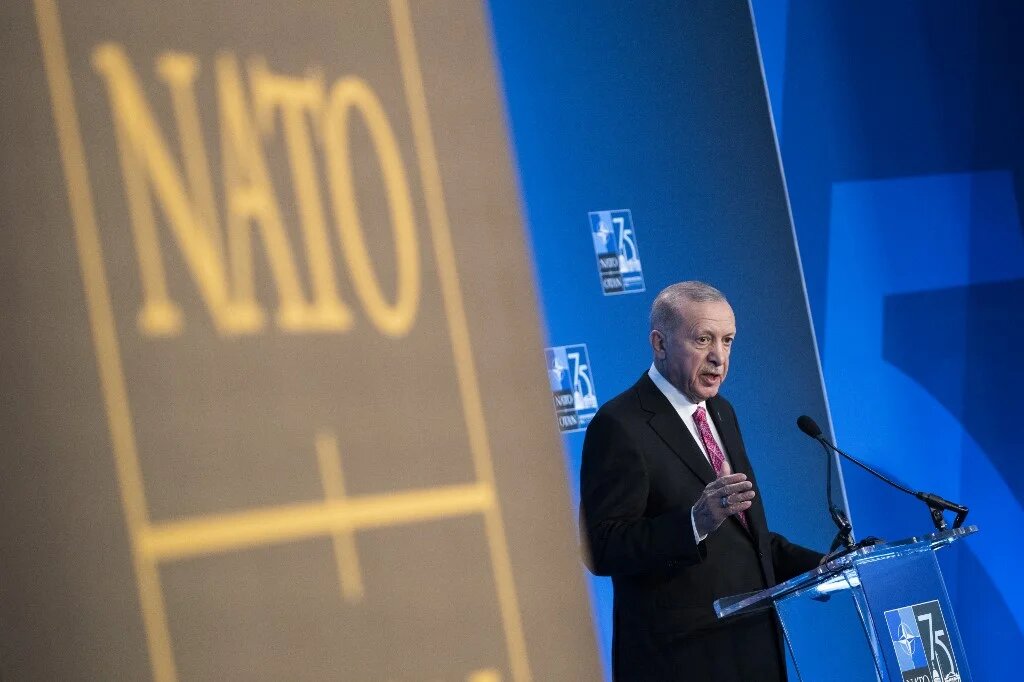
European Council’s response
The issue also came up in the European Parliament. When journalists asked:
According to press reports, Türkiye has apparently asked to participate in a (EUR 1 billion) Dutch-led PESCO military mobility project. Although the EU has already recently accepted the participation of other third countries and NATO members (U.S., Norway and Canada), Türkiye’s potential involvement constitutes a special case and should be a matter of concern for the European defense apparatus since this third country is manifesting aggressive tendencies towards several Member States.
Given the political, substantive and legal conditions laid down by the EU Council on 5 November 2020 under the German Presidency, stating that third countries applying for a project must share ‘the values on which the EU is founded’ and the continued deterioration of relations between the EU and Türkiye in recent months, can the Council say:
1.How Türkiye’s potential participation can be reconciled with the rules set by PESCO for the participation of third countries in EU military projects? .
2.Whether it will take into account the tensions in the eastern Mediterranean and the series of diplomatic incidents triggered by Ankara when assessing Türkiye’s request?
The European Parliament Council responded by saying, “It is not for the Council to comment on media reports. Notwithstanding the above, Article 2 of Council Decision (CFSP) 2020/1639 lays down the process to be followed in case a third State wishes to participate in a PESCO project.”
“The Council has so far not been notified of a request by Türkiye to participate in the PESCO ‘Military Mobility’ project,” the Council told back in 2021 in a statement, responding to the journalists.



